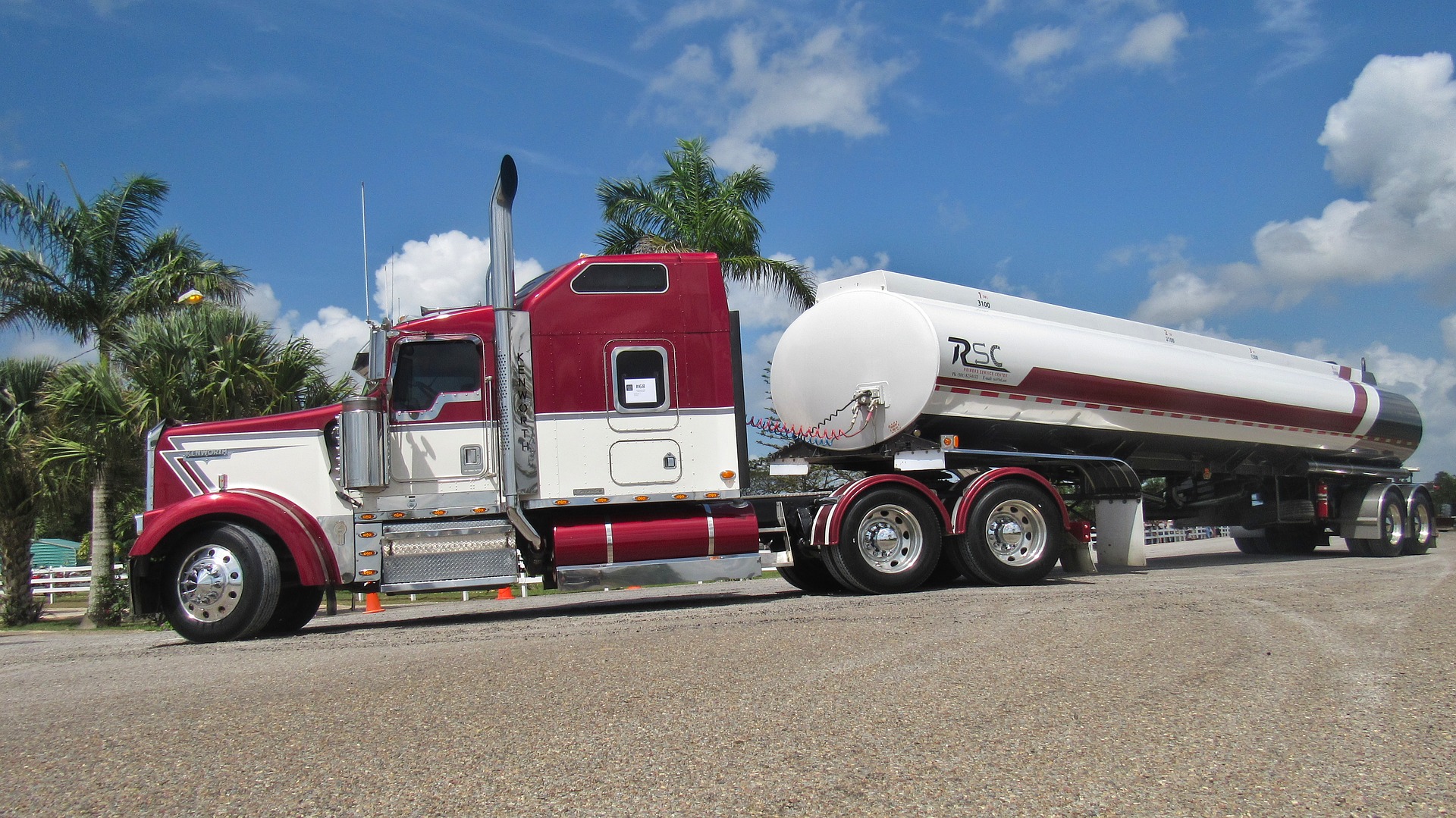
There are things we simply cannot do without! Some things we cannot survive without and some we just need for an enhanced, better life. Things that make our day to day more manageable and less tiresome. As the world has progressed and modernized and as technology has leveled a bigger footprint on our existence the types of essentials have morphed and changed and our dependence on certain items increases and on other wanes. Maslow’s hierarchy of needs refers to a pyramid of basic life requirements for a quality of life, beginning with the most basic, air to breathe and water to drink.
Over the last few months, we have seen many of the things we depend on most our utilities become less available and harder to come by. People blame Covid and Brexit or taxes being too high or too low, but essentially, we have been having to go without certain essentials as they are simply not available.
At the height of the Covid pandemic our NHS was overwhelmed, never in the modern age had so many people become so ill at the same time. The demand on Intensive care hospital beds placed draconian strain on the medical fraternity. The need to place patients on ventilators in order to facilitate the most basic of needs to breathe became severely limited and a challenge to the health service. As a society we take for granted that when we need to go to hospital for specialist care that there will be a bed waiting for us. This was not the case during the Covid -19 pandemic.
Covid and Brexit have both been blamed for the lack of available goods at any time. Eighteen months ago, at the start of the pandemic toilet roll, something many may consider a utility became impossible to secure largely due to panic buying. Covid is largely behind us now, but its collective collaboration and timing along with Brexit is having a negative effect on our access to utilities. Every household in the UK has been threatened with energy price rises as the UK will struggle to access gas to heat our homes this winter and over the past few weeks, fuel, the lifeblood that drives not only our vehicles, but our economy has dried up at the petrol stations. No school runs, no food being delivered to supermarkets and no getting to work, an entire supply chain held hostage as petrol and diesel perhaps the most important utilities in securing a smooth economic environment vanish causing long ques and hour long waits on petrol station forecourts.
Technology has shifted our priorities; we now live in a connected world and one of our basic requirements is the need to stay in touch with friends’ family and those around us. Millennials, generation X, Y and Z demand the ability to see hear and engage in real-time with their peers. As a result, there has been a plethora of social media platforms serving up the opportunity to stay connected in rich diverse ways. Our absolute dependency on these platforms to stay connected has grown exponentially over the last 15 years and reached a point that without them, not only would our social lives be negatively impacted but so would our commercial exposure. This social media utility collapsed in October 2021, with Facebook, what’s app and Instagram all crashing simultaneously. All three platforms are Facebook owned and the outage which lasted 9 hours touched many lives. This new utility had barged itself to the front of the utility line and when unavailable was almost as devastating as a lack of fuel!
Without what’s app, many reverted to the tried and tested reliable SMS to stay connected. Bulk SMS picked up the strain and many were able to continue communicating over the 9-hour Facebook outage.
Today’s utility may not be the same as last years or next years, but we are human beings and as we mature and develop we will require a different, more modern utility. Utilities will need to embrace and reflect the agility and fragility of our current lifestyles and our dependence on them should not be underestimated or discounted. WIFI which 30 years ago was nonexistent is perhaps today as important a utility as electricity. The utilities of the future are probably still unknown, but what we do know is that we won’t be able to survive without them.